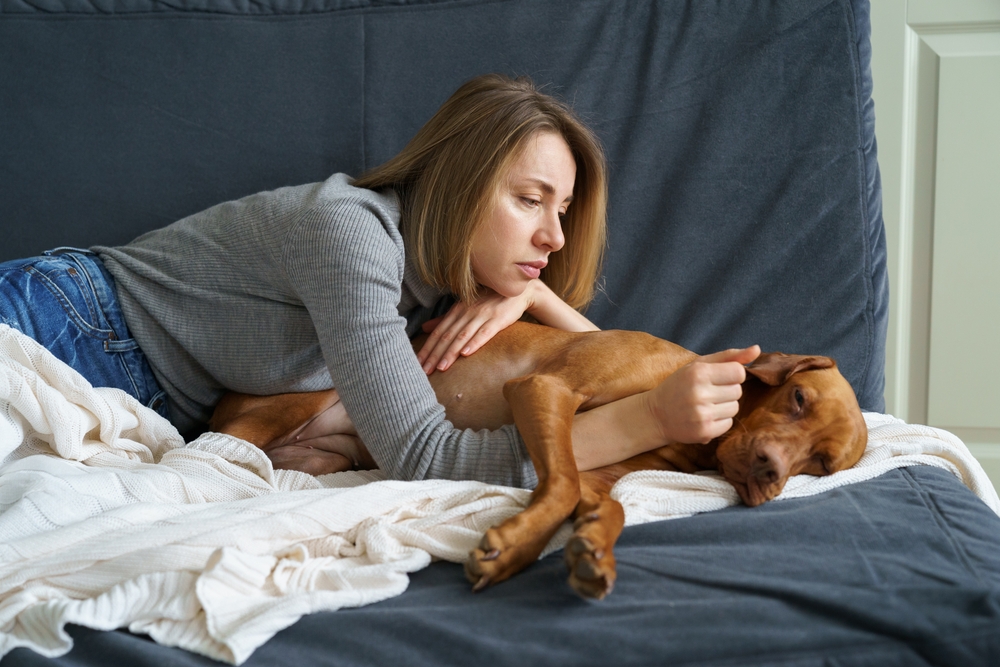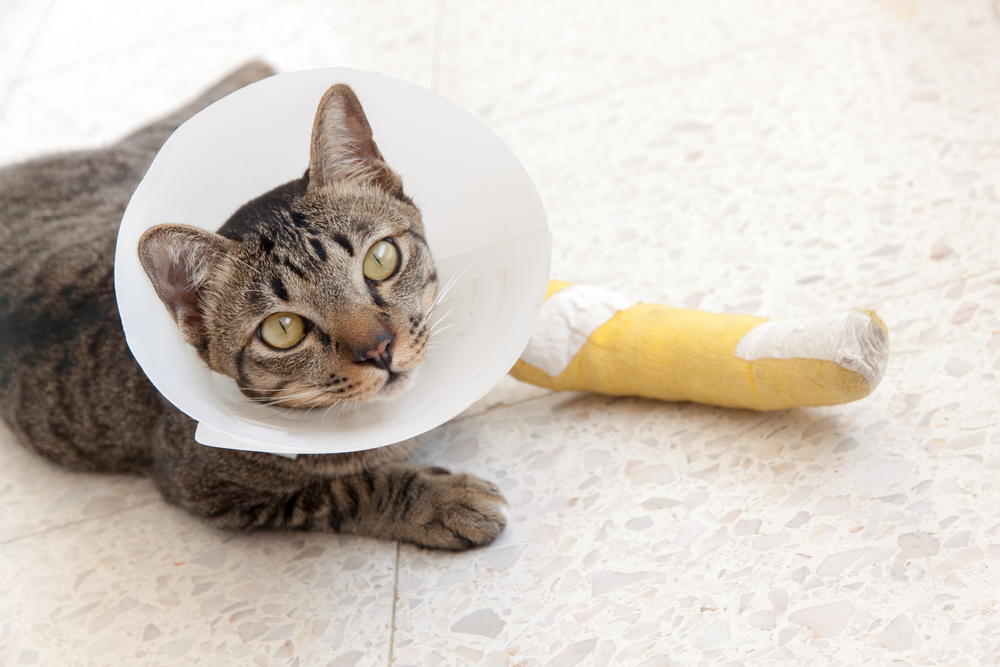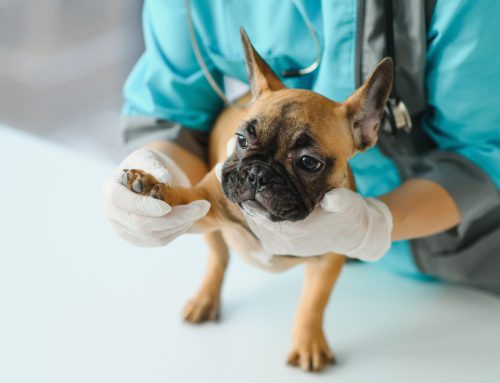When your four-legged friend is ill or injured, you naturally want to rush to the nearest emergency veterinary hospital for immediate care. However, some problems do not require prompt treatment, and you can instead make an appointment at an urgent-care facility.
General guidelines can steer you in the right direction when you need to decide between urgent and emergency care for your pet. Check out our Neighborhood Veterinary Centers Nederland team’s recommendations on when to seek which type of care—urgent or emergency—for your furry pal, keeping in mind that these are recommendations only, and you should always seek professional help for the most personalized guidance.
Which pet health issues require urgent care?
Typically, veterinary hospitals provide urgent care after normal business hours but are not open all night or during holidays. These extended hours are reserved for pets who are ill or injured and require veterinary care soon, rather than waiting until their primary care veterinarian can see them during normal business hours.
Health issues that require urgent care are those that need medical attention but aren’t necessarily critical or life-threatening. Conditions that may need urgent care include:
- Bite wounds
- Lacerations
- Itchy, inflamed skin
- Vomiting or diarrhea that does not resolve
- Constipation
- Changes in urination frequency, amount, and color
- Limping, lameness, or difficulty walking
- Eye issues (e.g., tearing, redness, squinting)
- Ear infections
- Upper respiratory infections (e.g., coughing, sneezing, ocular or nasal discharge)
- Appetite or thirst changes
- Behavior changes
- Intestinal parasites
- External parasites (e.g., fleas, ticks, mites)
- Anal gland issues
- Pain
In general, an urgent care veterinary hospital treats pets’ minor illnesses and injuries when your primary care veterinarian is unavailable.
Which pet health issues require emergency care?
If your pet is experiencing a life-threatening crisis that needs immediate veterinary attention, you need to head to the nearest emergency veterinary hospital. Not only are emergency hospitals equipped to provide advanced nursing care, but they are also open overnight to administer round-the-clock treatment.
Some issues that require emergency care include:
- Significant blood loss or bleeding that won’t stop
- Toxin exposure
- Foreign body ingestion
- Seizures
- Choking
- Difficulty breathing
- Severe or persistent vomiting or diarrhea
- Unproductive vomiting (i.e., bloat, gastric dilatation volvulus)
- Fractures
- Deep wounds
- Blunt-force trauma (e.g., hit by a car, falling from a window)
- Anaphylactic allergic reactions
- Heatstroke
- Cardiac arrest
- Collapse
- Paralysis
- Loss of consciousness
- Inability to deliver puppies or kittens
In general, pets who have life-threatening conditions and cannot wait for a primary or urgent care veterinarian to administer treatment must be rushed to an emergency hospital. First, if possible, stabilize your pet at home with appropriate first aid care, which can save your pet’s life in an emergency but is not a replacement for veterinary care. Seeking emergency treatment is still essential.
How do I decide whether my pet needs urgent or emergency care?
When a sudden health concern pops up, knowing whether your pet needs urgent or emergency care can make a world of difference to their health and wellbeing. As your pet’s closest companion, trust your instincts and err on the side of caution when seeking veterinary care to ensure your furry pal gets the necessary treatment. When in doubt, always call your primary care veterinarian, our Neighborhood Veterinary Centers Nederland after-hours emergency care team, or our triage line. Our knowledgeable veterinary professionals will be standing by to discuss your concerns about your pet’s condition, and can quickly determine which type of care you should seek.
Should I wait to see my primary care veterinarian?

You may be worried about the cost of emergency veterinary treatment, but saving money by waiting to see your primary care veterinarian may ultimately cost your pet’s life. Early intervention in serious or life-threatening conditions can stop the problem progressing, prevent further complications, reduce pain and suffering, and help get your pet on the road to recovery.
If your pet falls ill or becomes injured over a weekend or after normal business hours, you don’t have to wait for veterinary care in the Nederland, Texas area. Contact our Neighborhood Veterinary Centers Nederland team for emergency care, or to discuss your pet’s condition with our after-hours phone triage team.






Leave A Comment